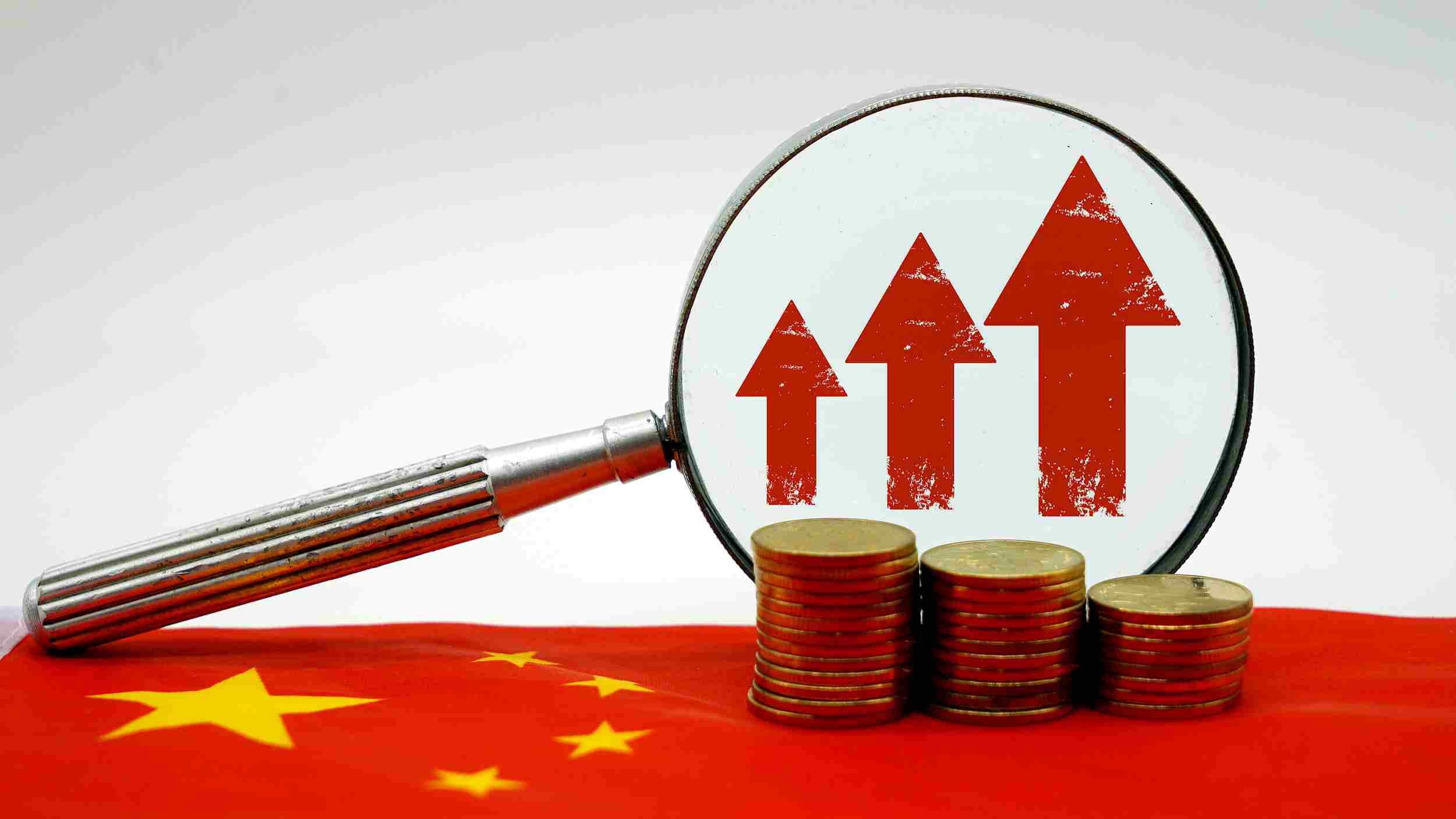
Editor's note: Dr. John Gong is a professor at the University of International Business and Economics and a research fellow at the Academy of China Open Economy Studies of UIBE. The article reflects the author's opinions and not necessarily the views of CGTN.
For the first time, economic figures released by the National Statistics Bureau yesterday were able to provide clues as to the true damage to China's economy as a result of the COVID-19 outbreak. Industrial output and the services sector, which jointly account for the bulk of GDP, saw a 13.5-percent and 13-percent decrease respectively in January and February.
Now remember we still had some good days at the beginning of the year until January 23 when the city of Wuhan first announced a complete lockdown that later spread to most of the rest of the country. The entire economy basically came to a halt. Only until the last two weeks did production gradually start to resume in most parts of the country out of Hubei Province.
Let's assume that in the first twenty days of January the economy was still tugging along at the same speed as the last quarter of 2019, which is about six percent. A 13-percent drop in the last two months would then translate into a real GDP drop of about 22 percent in the rest of time in January and February. Yes, a 22-percent shrinkage of the GDP for six weeks when there were no one on the streets, no stores open for business, and practically no factories cranking out products. This is the bottomline carnage caused by this vicious virus and the ultimate costs this nation bears for the "draconian" measures to contain and eliminate it.

A COVID-19 patient gives a thumbs up to doctors at a hospital in Wuhan, Hubei Province, February 10, 2020. /Xinhua
A COVID-19 patient gives a thumbs up to doctors at a hospital in Wuhan, Hubei Province, February 10, 2020. /Xinhua
But think about how many lives would have been lost and how many ICU trips would have to be made had we simply capitulated to ineptitude and bought into the disastrous "herd immunity" nonsense that they are talking about in the UK. In times that try men's souls we have lived up to the immense challenge. We have walked away largely unscathed, as on Tuesday there was only one single new COVID-19 case announced in the whole country and the rest were all imported cases
But it might be still too early to declare the victory, as the rest of the world, especially the industrialized world, are just beginning to see the COVID-19 outbreak. Unfortunately we are witnessing a second, larger peak unfolding in other parts of the world. As the largest trading nation, China is unlikely to be insulated from the rest of the world.
As the battle ground against COVID-19 shifts to airports and other entry points of the country, we still need to be vigilant. Yes, more cases are likely to occur as experts say. But we still need to stick to these "draconian" measures to safeguard our people. This battle is not going to be easily won. It is going to be fought block by block, building by building and factory by factory.
Moving forward, the focus would be on trying to revive the economy. One alarming statistic released on Monday is unemployment rate. The urban unemployment rate shot to 6.2 percent in February, and it probably will continue to get worse before getting better. Small and medium-sized businesses are likely to bear the bulk of the brunt of the economic downturn. Outside of China, the world is undoubtedly getting into a global recession. In that sense, the worst is not behind us yet.
The central bank has already cut the reserve requirement ratio for the second time, which will allow banks to inject close to 78.5 billion U.S. dollars of liquidity into the market. In addition another 14 billion U.S. dollars was injected into the market via a medium-term lending facility.
But these monetary policy measures are not enough in terms of creating more jobs and paychecks for average working class people. Fiscal policy measures in terms of infrastructure investment expenditures are much called for. This country's total debt level as a percentage of the GDP is actually still quite modest compared to many countries in the world, and at this time we can afford to spend a bit more on making our environment cleaner, our cities more beautiful and life more amenable.
(If you want to contribute and have specific expertise, please contact us at opinions@cgtn.com.)